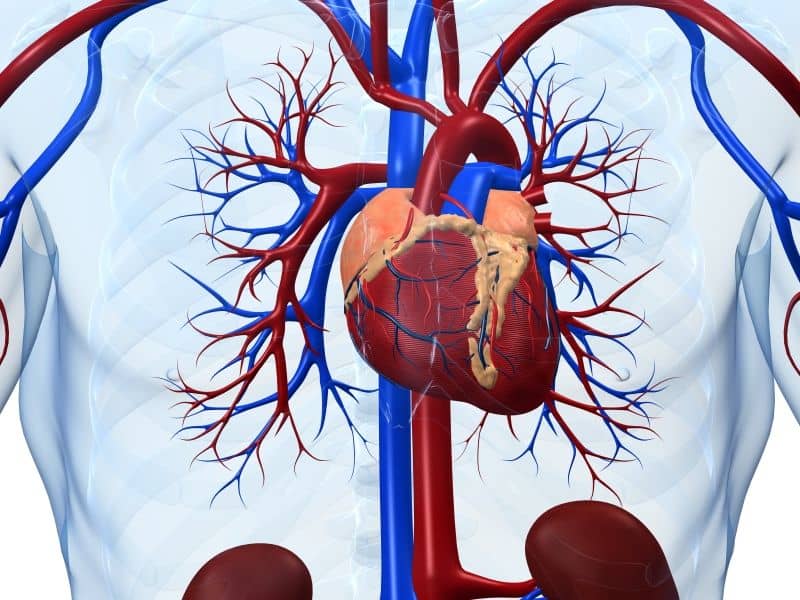Relatively poor survival and differentiation performance of umbilical cord mesenchymal stem cells (ucMSCs) limits its application of transplantation. The purpose of this study was to investigate the combined effect of ucMSCs and tetramethylpyrazine (TMP) on the histological therapy of ischemia stroke.
Using a middle cerebral artery occlusion (MCAO) model, we sought to determine the therapeutic effects of ucMSCs combined with TMP on ischemic stroke in rats. 1 × 10 ucMSCs was intracerebral transplanted after 24 hours and TMP (50 mg/kg) was injected intraperitoneally every day. After 7 days, the brain tissues were subjected to infarct weight measurement and preparation for 2,3,5-triphenyltetrazolium chloride (TTC) staining, HE staining, and immunohistochemical analysis.
The results showed that TMP combined with ucMSCs treatment significantly decreased the neurological deficit score, as well as the cerebral infarct ratio (from 16.33±3.35 to 7.67±1.19%) compared to TMP or ucMSCs treated alone. Moreover, TMP+ucMSCs treatment improved the morphological architecture of the infarct zone, dramatically up-regulated the expression of α-tubulin and nestin, and down-regulated GFAP and IL-1 expression.
These data suggest that ucMSCs combined with TMP are able to exert therapeutic effects following ischemic injury by improving neurogenesis, inhibiting inflammation, and ameliorating histological damage. This may therefore be a promising future treatment for ischemic stroke.
Copyright © 2020 Elsevier Inc. All rights reserved.
The Effect of Umbilical Cord Mesenchymal Stem Cells Combined with Tetramethylpyrazine Therapy on Ischemic Brain Injury: A Histological Study.


